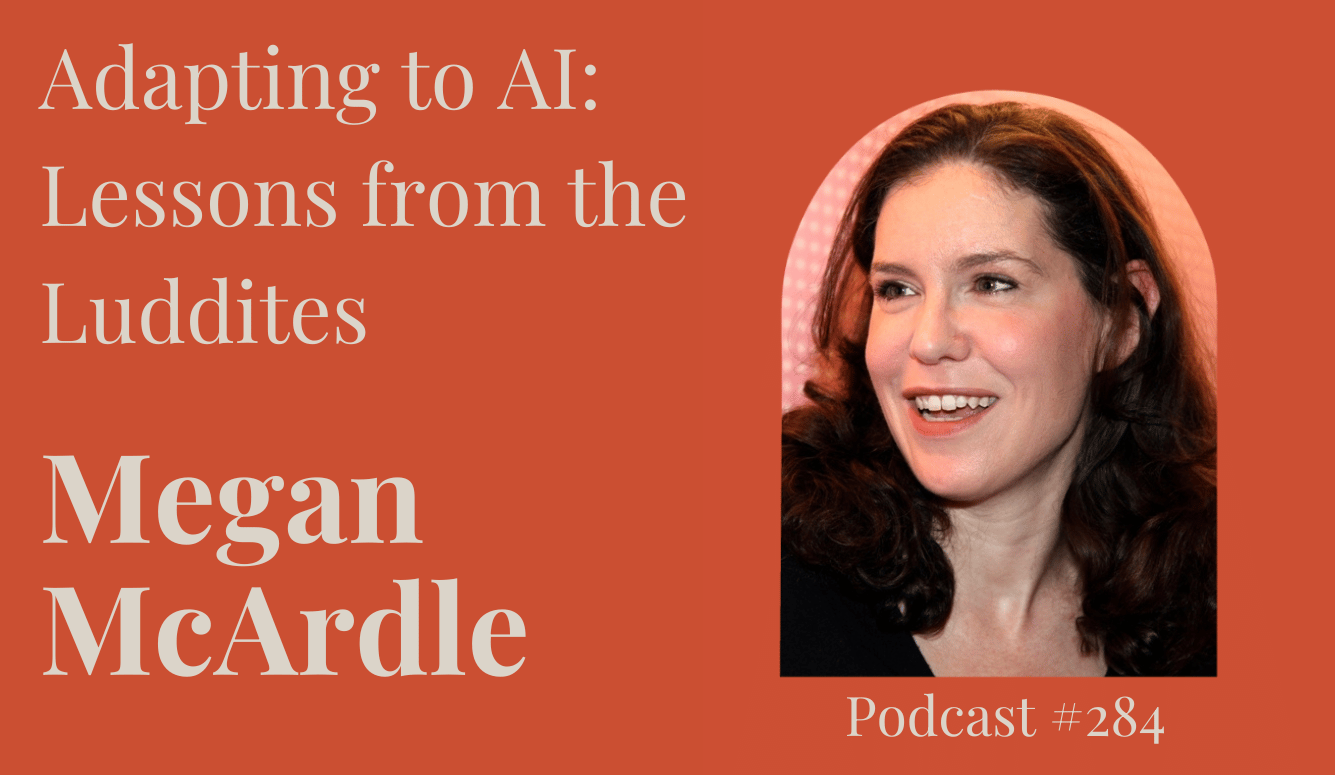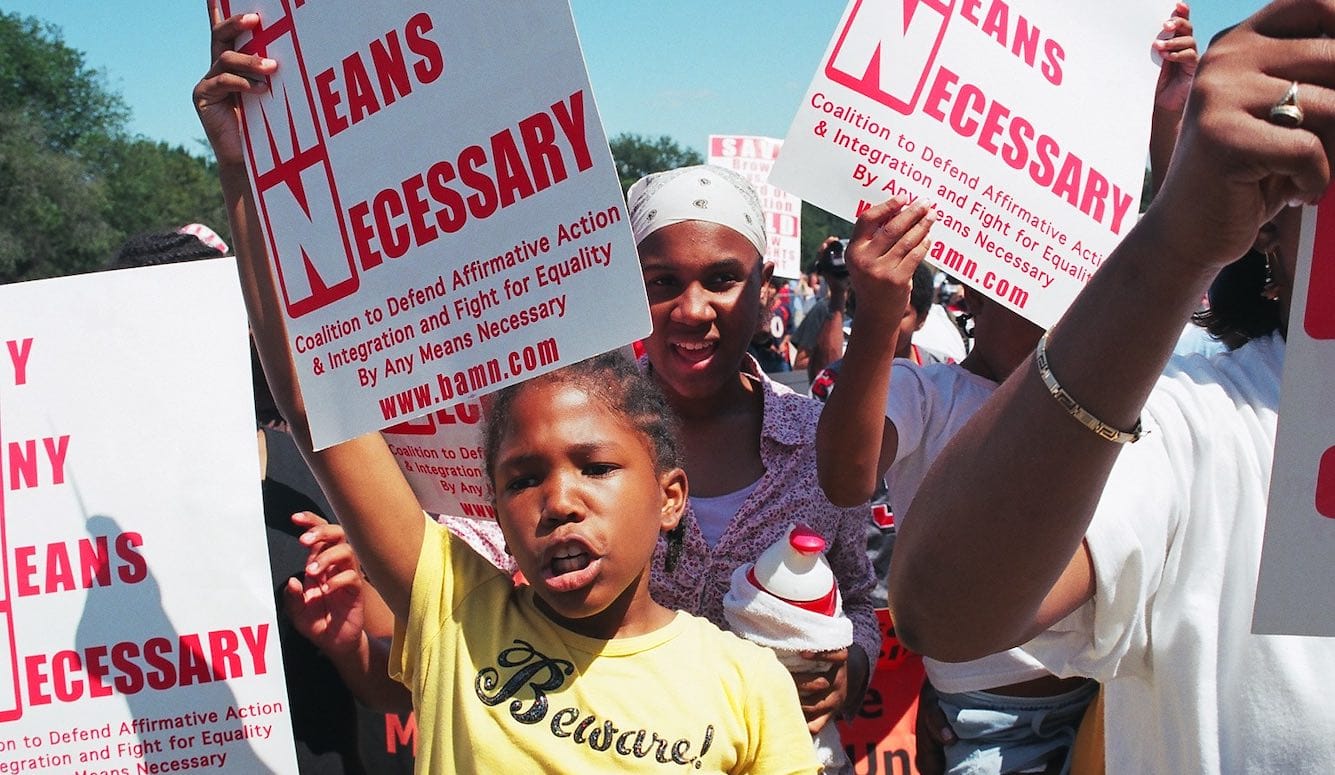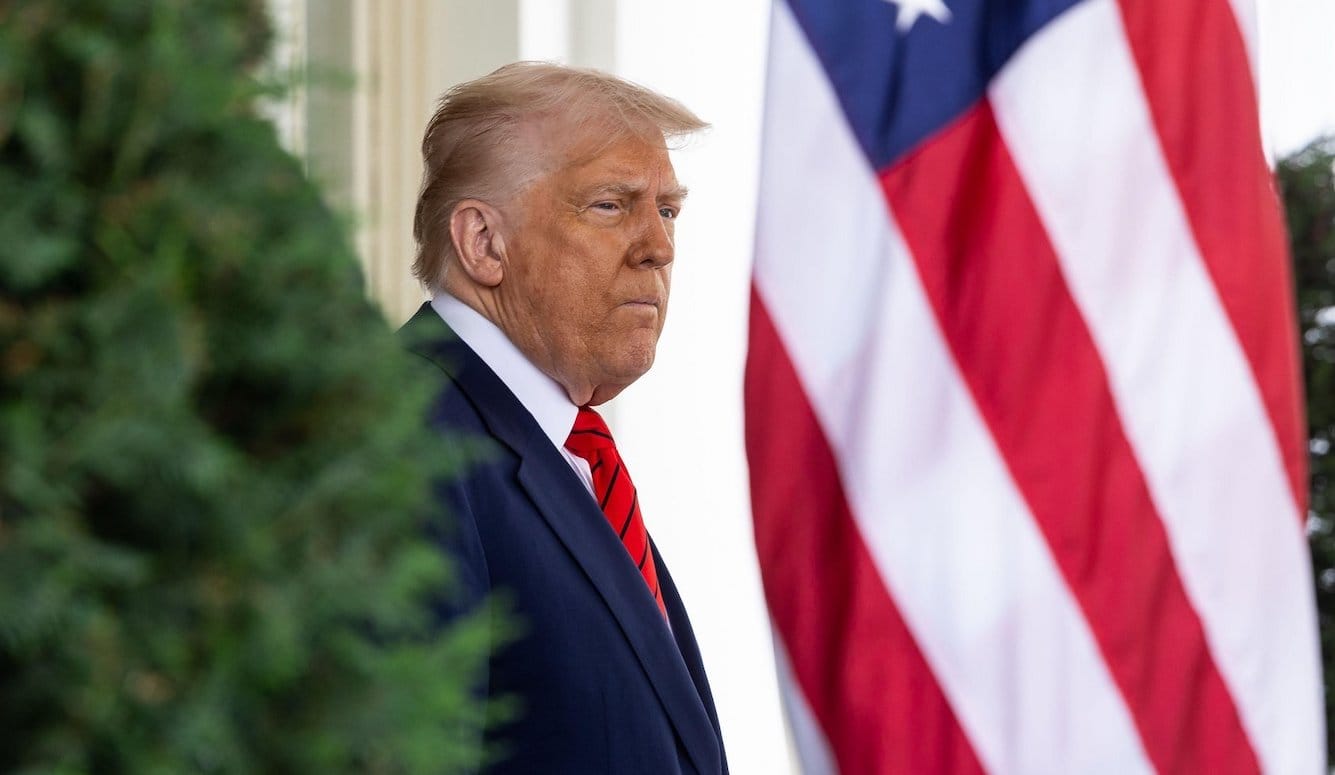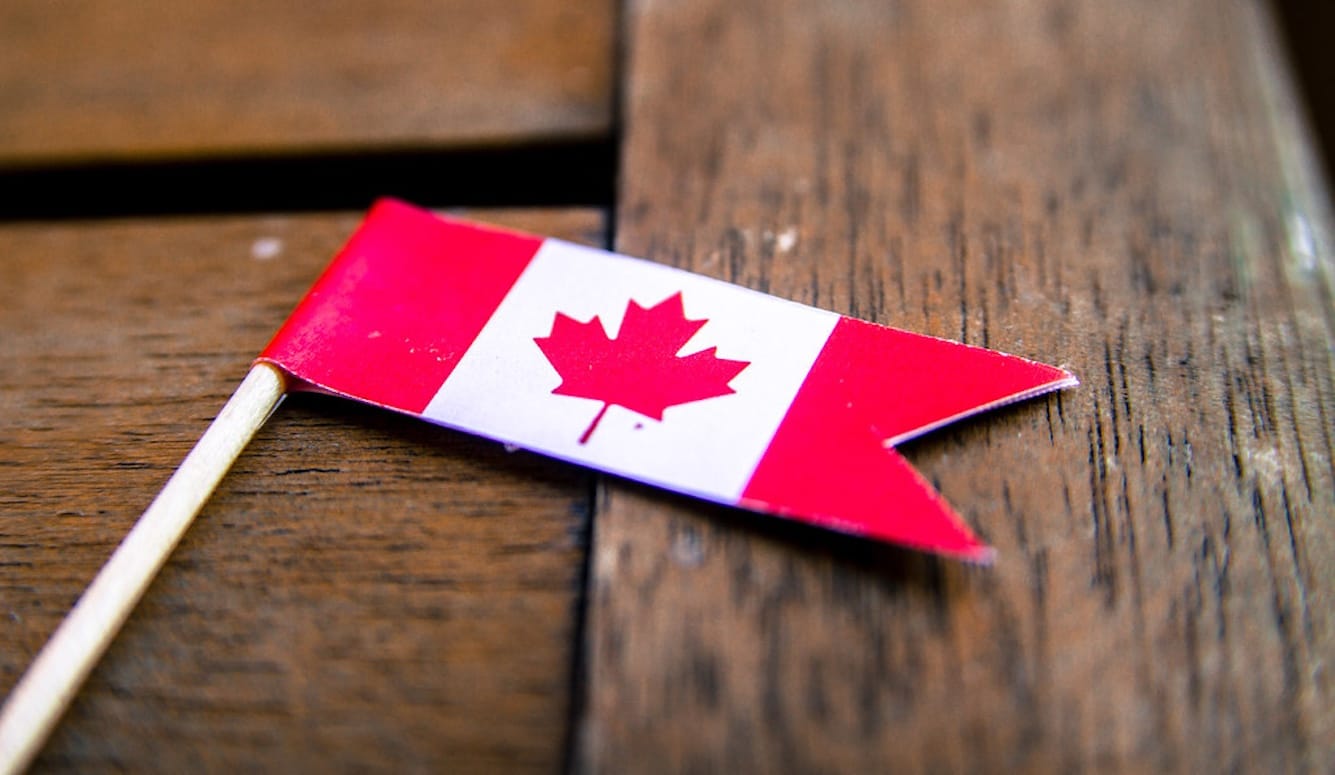News
'Islamophobia' Hoaxes and the Rush to Judgment
Soon after, politicians at the upper echelons of the Canadian government rushed to express outrage at the incident, even though details remained scant.
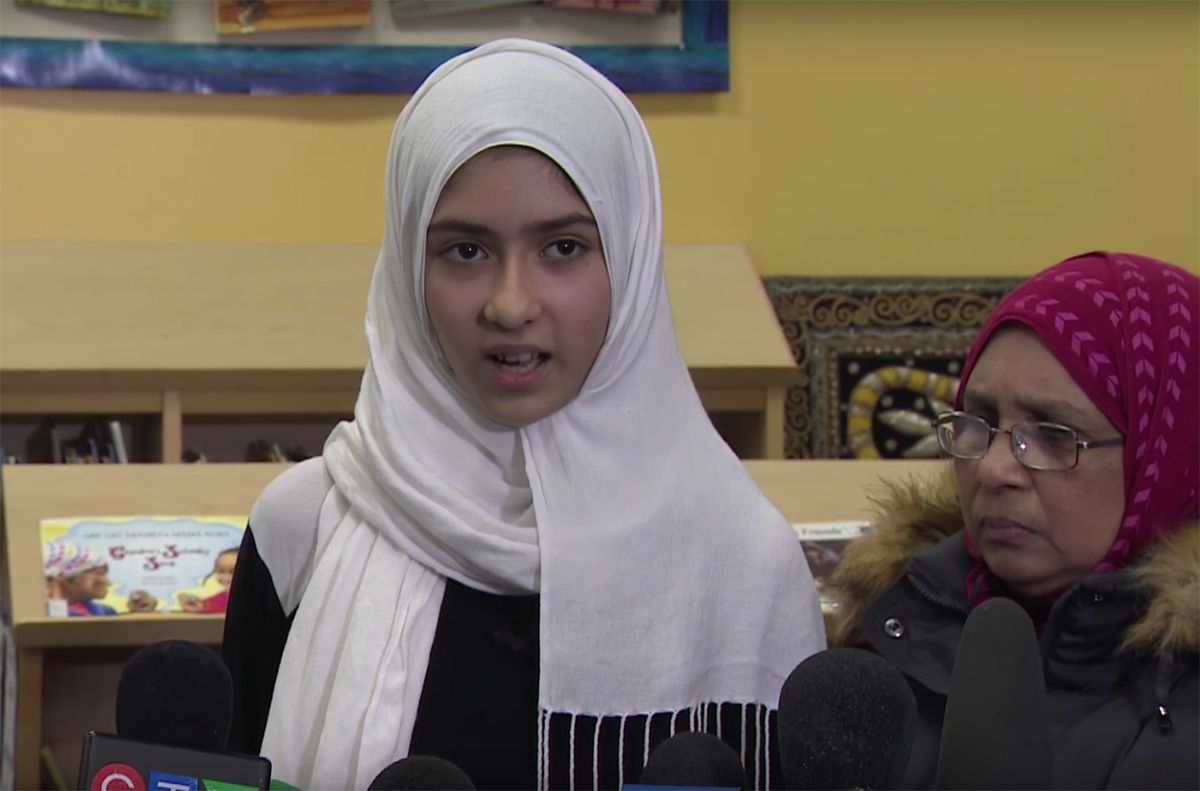
Two weeks ago, Canadians responded in horror to a disturbing news story in Toronto: before a bank of cameras, a tearful 11-year-old girl said that a man had repeatedly cut her headscarf with scissors as she walked to school.
Khawlah Noman, a student at Pauline Johnson Junior Public School, told the roomful of reporters that the brazen attack had left her terrified and screaming. She was flanked by a Muslim activist, her mother, and younger brother Mohammad. Mohammad confirmed his sister’s story, stating that he had witnessed the attack while walking with her to school.
Soon after, politicians at the upper echelons of the Canadian government rushed to express outrage at the incident, even though details remained scant. “My heart goes out to the young girl who was attacked, seemingly for her religion,” Prime Minister Justin Trudeau said during a televised speech. Ontario Premier Kathleen Wynne promptly called the alleged attack a “cowardly act of hatred.”
Passionate reactions to the incident were swift on social media. Echoing a common belief, Twitter user @Sakira_writes said: “A no doubt white male monster did this.” Toronto police later described the suspect as an Asian male. Many others condemned Canadian and Western society for being “Islamophobic.” Police quickly announced that they would be treating the incident as a hate crime.
From Portland, Oregon, I watched the unfolding story with unease. Like most, I was horrified by the child’s report that she had been assaulted by a man in broad daylight. But I also wondered why the school and family were parading the young girl in front of the media when her testimony appeared to be rehearsed and inconsistent. Nevertheless, the story was duly sensationalized and uncritically reported as a confirmed crime rather than as an allegation.
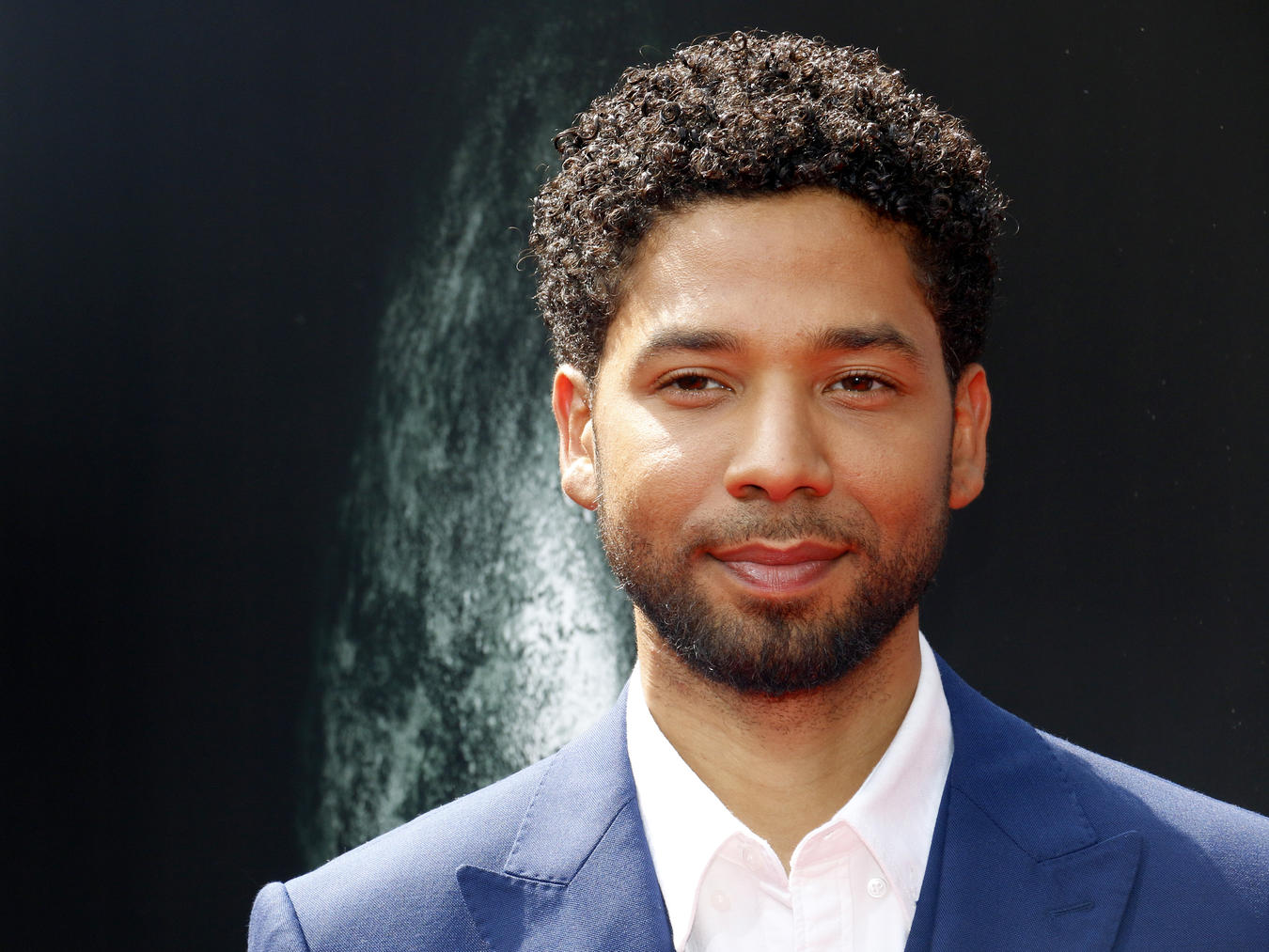
Al Jazeera splashed with the following headline: “Toronto Muslim girl ‘scared’ after attacker cuts hijab.” Ali Chiasson, reporter and associate producer for CBC Toronto, described the girl’s headscarf as having a “12 in. gash,” as if this were akin to a cut into human flesh. The Guardian linked the alleged attack to the anniversary of the Quebec City mosque shooting, in which a gunman had killed six worshippers and injured 19 others. Amira Elghawaby, an Ottawa-based Muslim activist, made the media rounds, declaring that, “For those of us who wear a head scarf, it’s like we have a target on us.” Elghawaby warned that this kind of hatred affects every level of society: “Hatred, ignorance and xenophobia,” she announced, “can really lead to divided communities and end up harming all of us.” The recklessness and haste with which this unvetted story was sensationalized was unsettling, even as the suspect – generally described as an Asian male with black hair and glasses – remained unidentified and at large.
But then, three days after the family’s emotional press conference and the collective rush to judgment, Toronto Police released a terse statement: “After a detailed investigation, police have determined that the events described in the original news release did not happen. The investigation is concluded.” Khawlah Noman and her brother, it turned out, had fabricated the attack. They will not face legal consequences for falsely reporting it.
The prime minister’s response was also terse. Trudeau was relieved that the incident had not occurred but still found it necessary to warn about the “pattern of increased hate crimes” in Canada. Toronto Mayor John Tory, who had said that Islamophobia “has no place in our city, our province, or our country,” now stated: “It is good to know that this event didn’t happen.”
Apparently, inflammatory lies like those circulated by Noman and her family can serve a greater political purpose. Furthermore, while stories documenting alleged hijab-related attacks rapidly go viral, subsequent corrections exposing those that turn out to be hoaxes seldom receive the same attention.
Khawlah Noman’s elaborate tale is unfortunately not a one-off incident on the continent. A series of hijab-related attack stories marred the American media landscape shortly after the election of Donald Trump. In November 2016, a University of Louisiana at Lafayette student claimed she was violently attacked and had her hijab torn off by two white men, one of whom she said was wearing a Trump hat. She later admitted to making the whole thing up. The same week, a student at the University of Michigan said a man threatened to set her hijab on fire. A Michigan police investigation subsequently determined that the incident did not happen. The following month, Yasmin Seweid, a college student in New York City, claimed she was assaulted by white men who tried to pull off her headscarf during a subway ride. CCTV footage later confirmed that the incident never happened.
While activists and politicians are keen to move on when these stories unravel, I wonder if anyone bothers to consider how much damage is left in their wake and who stands to benefit from “Islamophobia” hysteria. Khawlah Noman’s family has since apologized. I don’t expect (or want) the girl to speak further on the matter, but we should ask ourselves how such a young child realised her story would capture the world’s attention. Khawlah’s own televised testimony provides a clue: “I didn’t feel comfortable that people are doing this.” The sad and troubling answer is that she – and whoever else may have put her up to the hoax – had plenty of precedents from which to draw inspiration.
Andy Ngo is a graduate student in political science at Portland State University, studying the intersection of political Islam and women’s rights. Follow him on Twitter @MrAndyNgo

